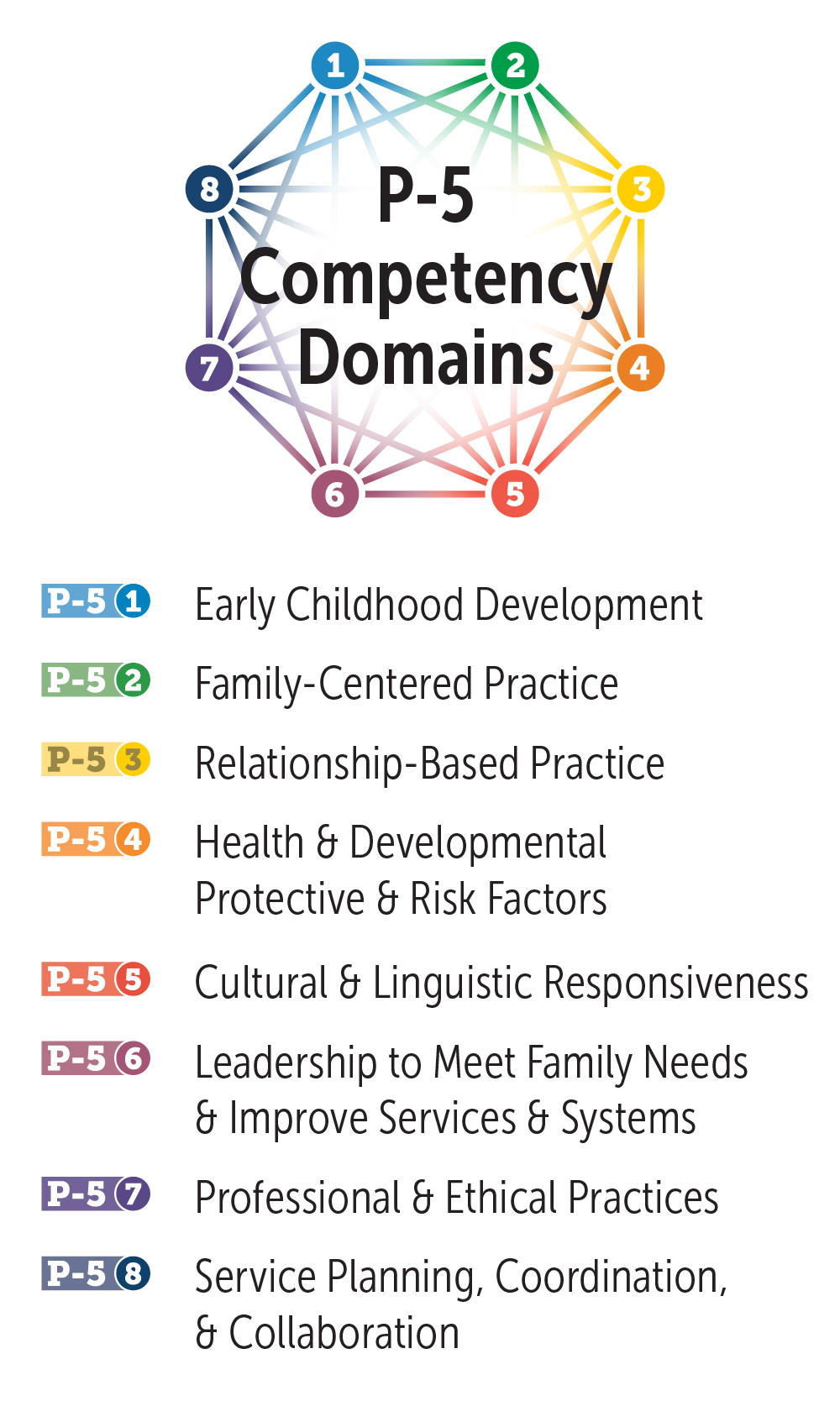
AC21 - E4 - Neurological Responsiveness: Modifying Interactions with Families to Support Communication
Responding to diversity is enhanced by recognizing the unique learning patterns present. This session explores the neurological foundations of knowledge processing, memory put-down, communication modes, and motivation/value systems. Emphasis is on making slight interaction adjustments that will increase understanding, responsiveness, and engagement of families, especially those needing extensive support.

Maria Sargent
Assistant Professor and Co-Director, Arkansas Building Effective Services for Trauma (ARBEST)
Ashland University
Maria Sargent has been active for 30+ years in general education, special education, behavior intervention, brain research and arts intervention. A full professor at Ashland University in Ashland, Ohio, the presenter is known for cross-disciplinary work training professionals in medicine, psychology, the arts and the legal sector, in addition to the expected audience of educators. Her work history has also spanned a wide variety of ages and populations (e.g. Behavioral Intervention Coordinator/Cuyahoga County Board of Mental Health; Research Coordinator/Akron Children's Hospital's Family Child Learning Center; Infant-Toddler Program Coordinator/Kent State University and Child Development Center; Director of the Behavior and Parenting Resource Center/multiple state, national, and international locations; Behavior Intervention and Curriculum Design Consultant /grades pre-k through 12th). She archives her work through the website https://www.neuro-teach.com . The documents and videos are free to professionals and families. Previous projects include multiple multi-million dollar grants designed to enhance educational and behavioral outcomes for children at risk and work with various state departments (education and mental health) to develop guidelines for professionals wishing to improve programs for students and their families. She recently completed a state grant where she was tasked with the development of comprehensive dual licensure programs (pre-kindergarten through grade twelve) for undergraduate teacher education candidates. She has also served as a consultant for numerous dance intervention programs including Reach Out and Dance? and Rosie O'Donnell's original Broadway Kids program in New York. She also continues to serve the community as board president of ArtSparks, www.artsparksdance.org, a non-profit dance intervention program operating in many school districts, programs, and agencies across northeast Ohio. Her latest project involves assessment guidance for international locations working on developing well-sequenced curriculum packages that contain formative and summative assessments and data tracking of student progress.

